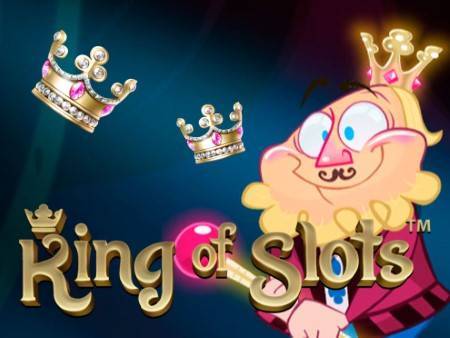Cryptocurrency Regulations in Online Gaming

The advent of blockchain and cryptocurrencies has taken the entertainment industry to a whole new level. These digital currencies have enabled the gaming world to reach more players worldwide by simplifying transactions between companies and gamers.
However, even as more game designers continue to develop new crypto games, they constantly face the challenge of releasing their games to certain jurisdictions. Since every country and region has its own regulations regarding online and crypto gaming, game developers always find themselves facing legal barriers. In this article, we explore cryptocurrency regulations in online gaming.
Gaming Rewards in Cryptocurrency
Gamers can earn cryptocurrencies through GameFi or play-to-earn blockchain games. In some games. They provide rewards through in-game currency or NFTs (Non-Fungible Tokens) after completing quests and challenges. NFTs are digital assets with distinctive codes representing real-world objects like games, videos, music, and art. Players can then change their in-game currency and NFTs into cryptos or real-world currency.
What to Know About Cryptocurrency Regulations
Cryptocurrency regulations in gaming aren’t universal, as every jurisdiction has its own laws. Things are complicated in countries like the USA, where some states have legalized gambling while others prohibit it. In the following section, we explore the cryptocurrency regulations for gaming in the UK, USA, and Canada.
UK Regulations
The United Kingdom’s Gambling Act hasn’t set any provisions for crypto gaming. The UKGC (United Kingdom Gambling Commission) is authorized by the government to regulate every form of gambling activity, even on the online platform. In 2017, this body issued its position regarding the usage of digital currencies in gaming.
According to the UKGC, the usage of digital currencies in gaming activities falls under the purview of the existing regulatory framework. Therefore, every online gambling platform must commit to ensuring that the principles of transparency, fairness, and consumer protection extend to crypto gaming too.
The UKGC also guided gaming platforms to send notifications whenever they change payment methods or processors. Therefore, if an online gaming agency intends to accept digital currency, it must meet every requirement of the AML and also be socially responsible. Crypto casinos must also avoid breaking the set regulations by substantiating every crypto transaction thoroughly in order to retain their licenses.
Fortunately, notable casinos such as Very Well Casino, have gone to great lengths to ensure that their players can securely use multiple cryptocurrencies such as Bitcoin and Tether as their banking options. This casino also has an anti-spam policy and keeps your information confidential and private. Moreover, it has a fast payout of 24 to 36 hours as well as over 3,000 popular casino game variants.
Regulations in the US
The federal government hasn’t banned or regulated online gaming and crypto wagering in the United States. The legality issues emanate from several states, like Hawaii, that have banned every form of gambling. However, FinCEN, a US governmental agency, is responsible for setting financial rules and issuing regulations for specific business models that involve convertible digital currencies. Based on this institution, online gaming platforms that transmit CVC (Convertible Virtual Currency) money by receiving and transmitting value denominated in CVC can be regulated as a money transmitter by the BSA (Bank Secrecy Act).
Every state in the US can also enact and implement independent online gaming and cryptocurrency regulations. Many states prefer limiting or banning the use of online gaming sites. However, some states like Delaware, New Jersey, Nevada, West Virginia, Pennsylvania, Michigan, and Connecticut allow online casinos to operate within their jurisdiction.
Since crypto wagering regulations in the US are very diverse, any online gaming company intending to operate within the US must seek a license to render its services at the state level. They must also ensure that US citizens in states prohibiting wagering don’t have access to their services.
Regulations in Canada
Canada is in an odd position regarding online gaming because its regulations are very stringent for domestic casinos. In this country, every province can manage and conduct wagering activities within its territory. As a result, online wagering is prohibited in many provinces. However, Canadian gamblers are at liberty to play any type of casino game through foreign sites.
Fortunately, this country's circumstances will likely change because a new online wagering market began operating in Ontario in 2022. This successful takeoff might be the trigger that influences other provinces to follow suit. Since cryptocurrency is also allowed in this country, when more provinces accept online casinos, crypto gaming will eventually prevail in Canada.
In Summation
The regulation of crypto gaming is a good thing as it protects the interests of gamers, especially since financial transactions are involved. The use of crypto in gaming has increased tremendously over the years because digital currency is more convenient. It also provides enhanced security and confidentiality for the players.
On the other hand, firms that operate in jurisdictions where online wagering is legal should abide by all gambling and crypto laws. They should also remain up-to-date with any new regulations to avoid conflict with the authorities, especially since regulations in the gambling and cryptocurrency industries can change rapidly.































